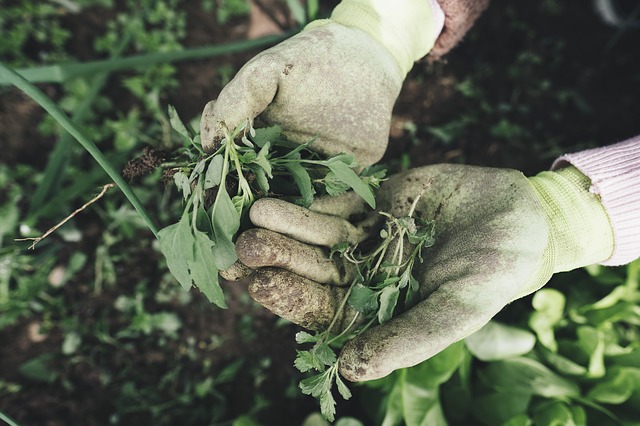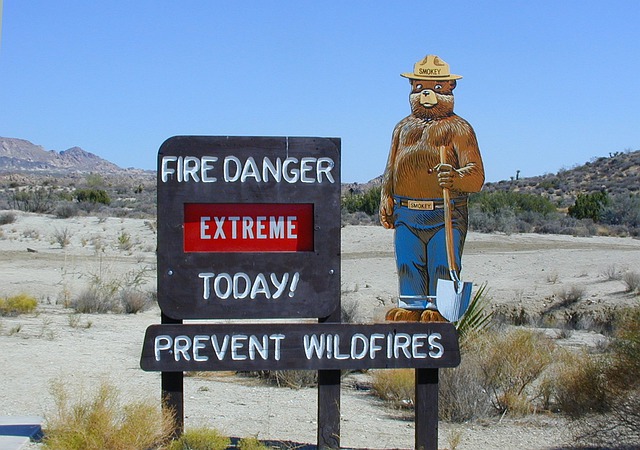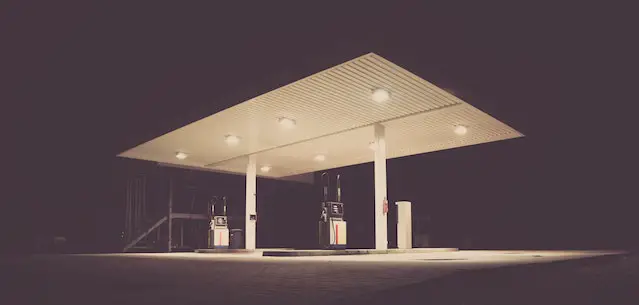Weeds can present a significant challenge to your yards year after year. Given that the majority of gardeners, if not all, are always delighted with their gardens, they will always seek out any method to remove weeds.
Any gardener’s biggest nightmare is weeds. Weeds will occasionally emerge on your lawn, and no matter what you do, it seems they will eventually find their way back to your garden. In addition to ruining the look and feel of your garden, weeds compete with your plants for nutrients.
Weeds can become out of control and eventually starve your plants by consuming most of the nutrients if your garden is not promptly and adequately cared for.
Gardeners use various methods, tools, and solutions to control weeds successfully; one of such methods is gasoline. But does gasoline kill weed? We will get the answer as we proceed.
Despite the convenience it offers, it is important to remember that even though gasoline can be an effective tool to remove weeds, it should not be used indiscriminately because it can also damage your plants, thus making it necessary to use caution.
By allowing us to travel to our appointments and complete some urgent yard work, gasoline makes life simpler and more accessible for us. However, it does have some restrictions. Let us answer our pending question:
Does Gasoline Kill Weed?

Whether burning gasoline to kill weeds is a good idea has long been debated. The internet may have increased its popularity, but reports of people using gasoline to eradicate weeds date back many years.
But is it effective? Yes, to put it simply, gas does kill weeds. There are a lot of things to think about, though, before using gasoline as your everyday weed killer. The degree of gasoline’s efficacy is arguably the most crucial of these variables.
You see, using gasoline in your garden will destroy weeds. But, all of your other plants will also perish as a result. This is because all plants are toxic to gasoline, which will destroy whatever plant it comes into touch with.
This implies that all of your weeds, in addition to your other garden plants and flowers, will be eliminated. As a result, you may ruin your lovely garden because of some weeds.
Even though it may get rid of weeds, it can have terrible effects on the environment, causing groundwater contamination and storm sewer blockage. In other words, you can contaminate the water you consume. Additionally, gasoline is highly flammable and might catch fire from any source, igniting your grass.
Common Factors Associated With Using Gasoline to Kill Weeds
You might have predicted that using gasoline to kill weeds is a frequent practice. Many gardeners like simply spraying some gasoline on a weed to see how it dies and withers. That settles the issue. When choosing gasoline as the preferred weed-control approach, there are a few factors to keep in mind. Let’s see them below:
1. Environmental Damage
While gasoline’s acceptable to kill weeds, it extends beyond just that to other things. This implies that if you spray gasoline on one plant, it will probably spread to others. Additionally, it penetrates the soil, where it may harm nearby plants, animals, and insects.
However, it can also descend so far that it can contaminate healthy groundwater. You might assume that you might smell if your healthy water gets polluted, but small quantities of contamination are sometimes invisible to the nose so you might be drinking filthy water.
2. Potential Fire Hazards

For gardeners, using and storing gasoline can both be risky. First, it is hazardous to use the liquid around anything that emits heat because of how easily it can catch fire and how highly flammable it is.
The grass and the vicinity risk catching fire from everything from cigarettes to little electrical sparks to hot engines.
3. Skin Irritation
The gasoline is hazardous to handle since it also emits toxic vapors that can harm the health and cause skin irritation and burns. When using the liquid, gloves and a mask should always be worn.
Other Safer Methods of Weed Control
Since natural weed control techniques have no potential to harm your family, pets, or the environment, they are usually safer to use. For instance, one organic way to prevent weeds in your yard is to mulch your garden with newspaper. This should prevent weed growth and still maintain the soil’s nutrition.
Weeds can be eliminated by various methods, including commercial weed-killing sprays and all-natural solutions like white vinegar. The most effective weed killers have a dual action. This means they eliminate weeds while limiting the soil from producing new ones.
1. Vinegar

Vinegar, a contact herbicide, can kill weeds and undesired plants by making the foliage above ground dry out. But only young weeds and weeds with shallow roots respond to it.
Annuals respond well to vinegar:
- Find out when annual weeds set seed so you can eliminate them before a new generation emerges.
- Spray when a sunny time is expected, according to the forecast. The reason is that, before the vinegar could work, rain would wash it away.
- The sun’s impact on the leaves in the days following spraying harms the weeds.
Since most vinegar sold in food stores isn’t potent enough to be effective weed killers, strong vinegar works best for this. To prevent accidentally removing a plant you like, keep an eye out for surrounding plantings.
2. Solarize the Soil
Weeds are eliminated by soil solarization before they have a chance to grow. It attacks the weeds at the cycle’s seed stage,
Rake the area properly to remove any sharp objects before the process. Wet the ground, and lay a transparent polyethylene sheet down. It would help if you had prolonged sunny periods for soil solarization to be effective; therefore, summer is an excellent time.
Maintain the plastic sheet in place for two months. The weed seeds won’t have a chance to develop because of the severe heat.
See a previous post: Why Are My Sunflower Seeds White
Summary
So, in a nutshell, does gasoline kill weed? Yes! But is it just that simple? No! Using gasoline to kill weeds has several drawbacks that you should consider before switching to gasoline mode on those silly weeds.
First, consider the risk it poses to our general atmosphere and the potential hazards to your immediate environment. As a result, it is better to explore alternative and safer weed control measures.
Frequently Asked Questions (FAQs)
The following are questions other people often ask concerning using gasoline to kill weeds.
What Kills Weed Permanently?
The best homemade solution is a combo of white vinegar, salt, and liquid dish soap. These substances each have unique qualities that, when combined, kill weeds. Acetic acid, which is present in vinegar and salt, dries up and kills plants. So tread with caution.
Also, use a non-selective weed killer like Roundup for effective long-term weed and grass control. The Glyphosate in Roundup affects the unwanted plant by penetrating through the leaves. From there, it attacks every component of the plant, including the roots, and entirely kills them.
Can You Mix Bleach and Vinegar to Kill Weeds?
The short and straightforward answer to this question is no! Ever watched those movies with the warning “don’t try this at home?” That is the kind of “NO” we’re about here. They shouldn’t be together. Mixing them will be the same as trying to commit suicide while feeding the plant. Mixing bleach with other chemicals or cleaning products is usually very poisonous.
The label on the bleach usually reads, “do not mix with another.”
Conclusion
Gardeners have always had a difficult time with weeds. Some frustrated gardeners have resulted in the usage of gasoline to eradicate weeds. But does gasoline kill weed?
In the end, this is a preference question. Although some gardeners will continue to insist on using gas to eliminate weeds, others may explore alternative methods. If you choose gas, be sure you know the dangers and how it will affect your garden, plants, soil, and environment.
In addition to killing grass, gasoline also kills all other vegetation. As a result, it also wipes out the soil bacteria it touches. Depending on the quantity applied, it can occasionally even contaminate groundwater. Never substitute gasoline for a herbicide. Instead, follow necessary and safer guidelines for weed control.

Hey, I’m Lisa and I’ve been an avid gardener for over 30 years. I love writing, talking and living in the garden! Feel free to connect with me on my socials below

